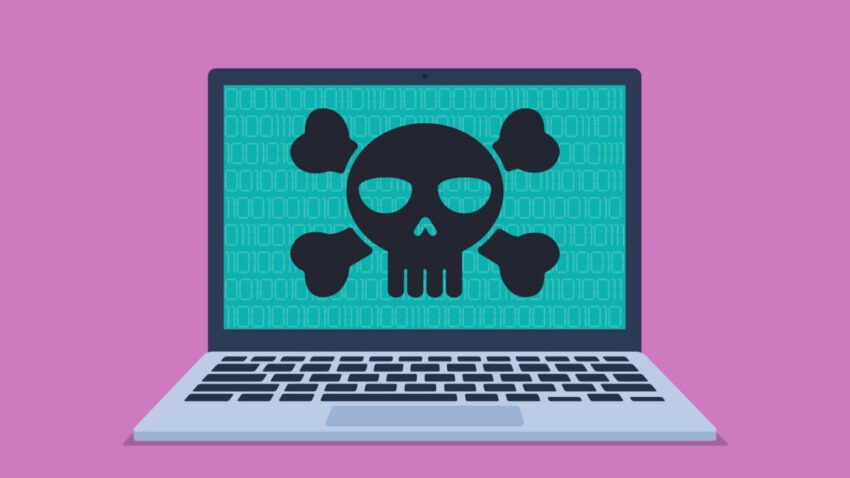
meta denies torrenting porn to train ai This week, Meta has taken legal action to dismiss a lawsuit claiming that the company illegally downloaded pornography to train its artificial intelligence models.
meta denies torrenting porn to train ai
Background of the Lawsuit
The lawsuit was initiated by Strike 3 Holdings, a company that owns the rights to various adult films. The case centers around allegations that Meta used its corporate IP addresses to illegally torrent adult content. Strike 3 Holdings claims to have discovered a series of unauthorized downloads of its films, which it alleges were part of a broader scheme by Meta to train an unannounced adult version of its AI model, known as Movie Gen.
According to reports from TorrentFreak, Strike 3 Holdings has accused Meta of utilizing a “stealth network” comprising approximately 2,500 hidden IP addresses to conceal its activities. The company is seeking damages that could potentially exceed $350 million, a figure that underscores the seriousness of the allegations and the financial stakes involved.
Meta’s Response
In response to the lawsuit, Meta filed a motion to dismiss on Monday, asserting that the claims made by Strike 3 are based on “guesswork and innuendo.” The tech giant has characterized Strike 3 Holdings as a “copyright troll,” a term often used to describe entities that aggressively pursue copyright infringement claims, sometimes perceived as extortionate in nature.
Claims of Lack of Evidence
Meta’s legal team argues that there is no substantial evidence indicating that the company directed or was even aware of the illegal downloads of approximately 2,400 adult films owned by Strike 3. The motion to dismiss emphasizes that the allegations lack the necessary factual basis to proceed in court. This assertion raises questions about the validity of the claims and the motivations behind them.
Implications of the Lawsuit
The implications of this lawsuit extend beyond the immediate parties involved. If Strike 3 Holdings were to succeed in its claims, it could set a precedent for how copyright infringement cases are handled in the digital age, particularly concerning the use of copyrighted materials for AI training. The case highlights the ongoing tension between content creators and technology companies, especially as AI continues to evolve and integrate into various sectors.
Impact on AI Development
As AI technology becomes increasingly sophisticated, the ethical and legal considerations surrounding its training data are coming under scrutiny. The use of copyrighted materials without permission raises significant questions about intellectual property rights and the responsibilities of tech companies. If companies like Meta are found to have used copyrighted content without authorization, it could lead to stricter regulations and oversight regarding AI training practices.
Stakeholder Reactions
The reactions from various stakeholders have been mixed. Content creators and rights holders may view this lawsuit as a necessary step to protect their intellectual property. For them, the case represents a fight against what they perceive as corporate overreach and exploitation of their work. On the other hand, technology companies, including Meta, may argue that the rapid advancement of AI necessitates a more flexible approach to data usage, particularly when it comes to training models.
Legal Landscape of Copyright and AI
The legal landscape surrounding copyright and AI is still evolving. Courts have yet to establish clear guidelines on how copyrighted materials can be used for AI training, leading to uncertainty for both content creators and tech companies. As AI technologies become more prevalent, the need for legal clarity will only grow.
Previous Cases and Precedents
This case is not the first of its kind. There have been numerous instances where technology companies have faced legal challenges over the use of copyrighted materials. For example, the music industry has seen several high-profile cases involving streaming services and their use of copyrighted songs without proper licensing. These cases often hinge on the interpretation of fair use, a legal doctrine that allows limited use of copyrighted material without permission under certain circumstances.
In the context of AI, the fair use doctrine becomes even more complex. The question of whether using copyrighted material to train an AI model constitutes fair use is still largely unanswered. Legal experts suggest that the outcome of this case could influence future rulings and shape the way courts interpret fair use in the context of AI.
Future of AI and Copyright
As the lawsuit unfolds, it will be crucial to monitor how it impacts the broader conversation about AI and copyright. The outcome could lead to new legal standards that dictate how companies can utilize copyrighted materials for AI training. Additionally, it may prompt lawmakers to consider new regulations that specifically address the intersection of AI technology and intellectual property rights.
Potential Legislative Changes
In light of ongoing legal battles, there is a growing call for legislative changes that would clarify the rules surrounding AI training data. Lawmakers may need to consider creating specific guidelines that balance the interests of content creators with the needs of technology companies. Such regulations could help prevent future disputes and foster a more collaborative environment for innovation.
Conclusion
The lawsuit against Meta by Strike 3 Holdings raises significant questions about the legality of using copyrighted materials for AI training. As the case progresses, it will be essential to observe the implications for both the tech industry and content creators. The outcome could not only affect Meta’s operations but also set a precedent for how similar cases are handled in the future.
With the rapid advancement of AI technologies, the need for clear legal frameworks is more pressing than ever. Stakeholders from various sectors must engage in dialogue to find solutions that protect intellectual property rights while allowing for innovation and growth in the tech industry.
Source: Original report
Was this helpful?
Last Modified: October 30, 2025 at 5:36 am
1 views














